Breaking News: Vitamin D Deficiency Affects Majority of UK Population, AI Revolutionizes Research in Africa
A recent report from the UK's National Health Service reveals that a staggering 80% of the population is deficient in vitamin D, a crucial nutrient essential for bone health and immune function. This alarming statistic has sparked a national conversation about the importance of vitamin D supplementation, particularly for those living in the Northern Hemisphere where sunlight is scarce.
According to a study published in the MIT Technology Review's biotech newsletter, The Checkup, the UK's national health service cannot afford to provide vitamin D supplements to the entire population. However, experts emphasize that supplementation can be crucial for individuals with vitamin D deficiency, especially during the winter months when sunlight is limited.
Researchers have been working tirelessly to develop innovative solutions to combat vitamin D deficiency. In Africa, a team of scientists has been using AI to analyze data on vitamin D levels and develop personalized treatment plans for patients. This groundbreaking research has the potential to revolutionize the way we approach vitamin D deficiency and improve public health outcomes.
The AI-powered system, developed by a team of researchers at the University of Cape Town, uses machine learning algorithms to analyze data from patients' medical records, laboratory results, and environmental factors such as sunlight exposure. The system can then provide personalized recommendations for vitamin D supplementation, taking into account individual factors such as age, sex, and skin type.
The implications of this research are far-reaching, with the potential to improve public health outcomes and reduce healthcare costs. As the world grapples with the challenges of vitamin D deficiency, this innovative use of AI is a beacon of hope for a brighter future.
In related news, the University of Cape Town has announced plans to expand its AI research program, with a focus on developing more advanced algorithms for personalized medicine. This exciting development has the potential to transform the field of biotechnology and improve healthcare outcomes for millions of people around the world.
As the world continues to grapple with the challenges of vitamin D deficiency, one thing is clear: the future of healthcare is bright, and AI is leading the way.






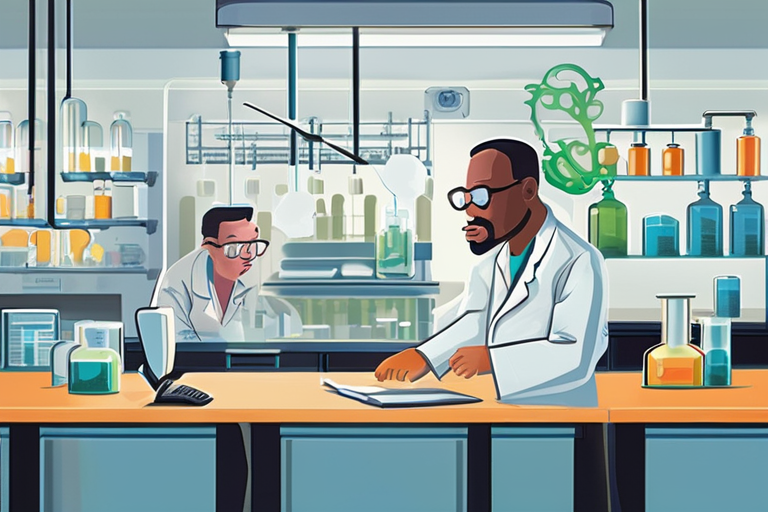

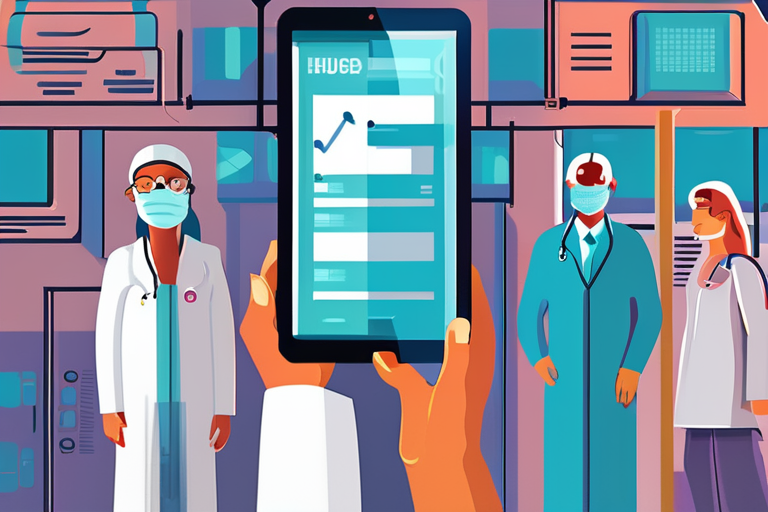
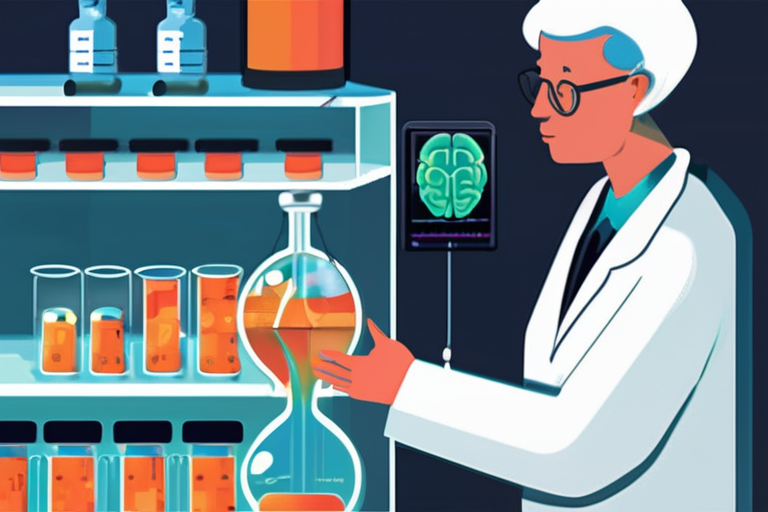
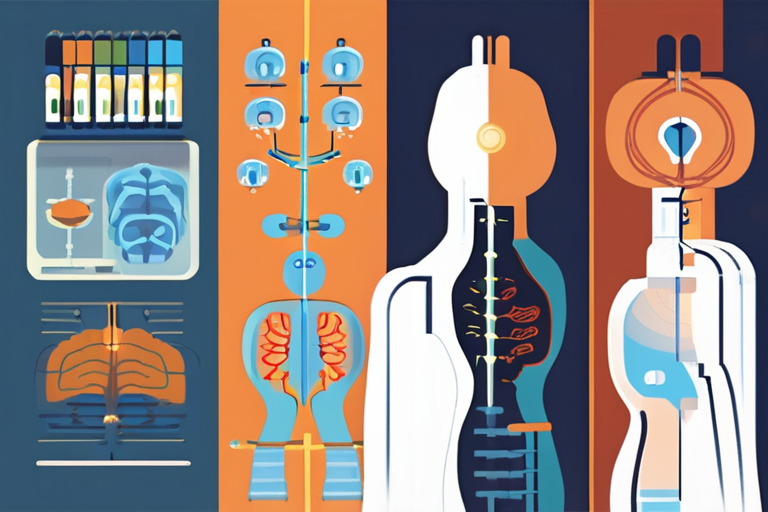

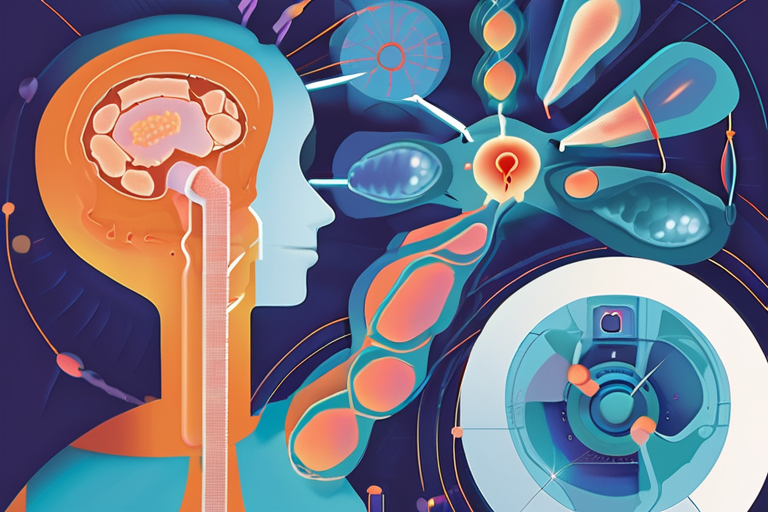







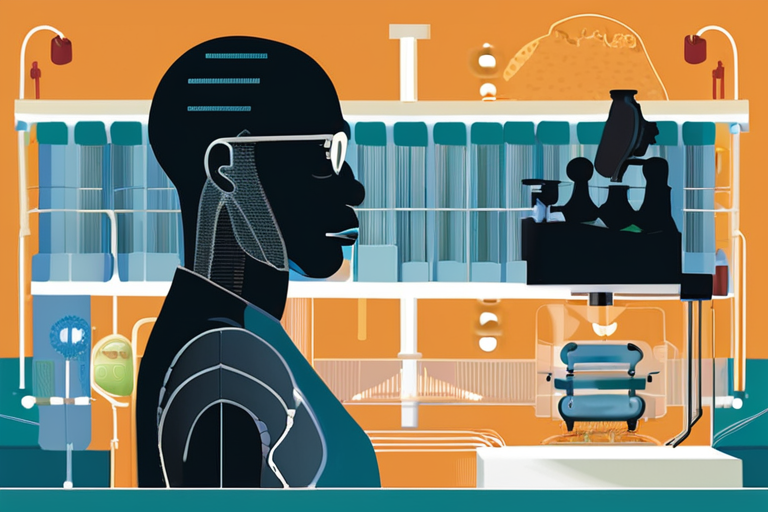


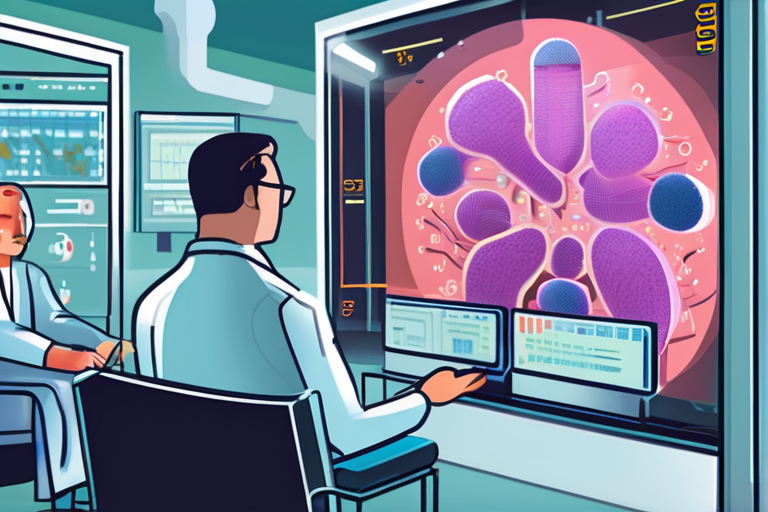

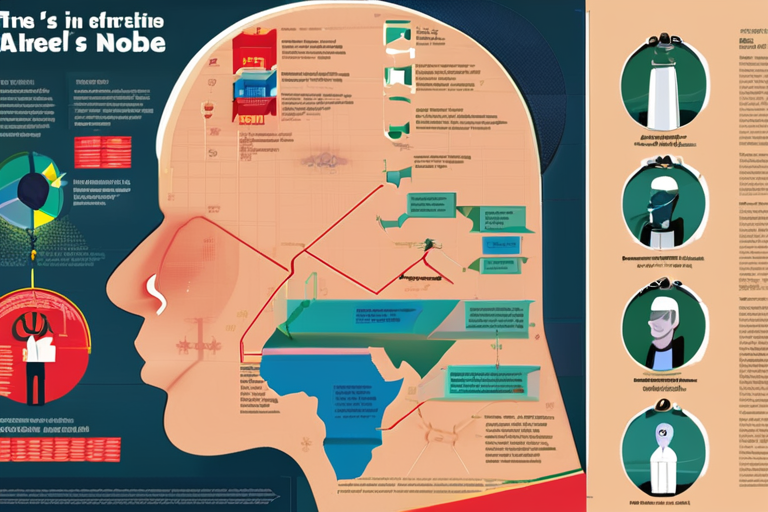
Share & Engage Share
Share this article